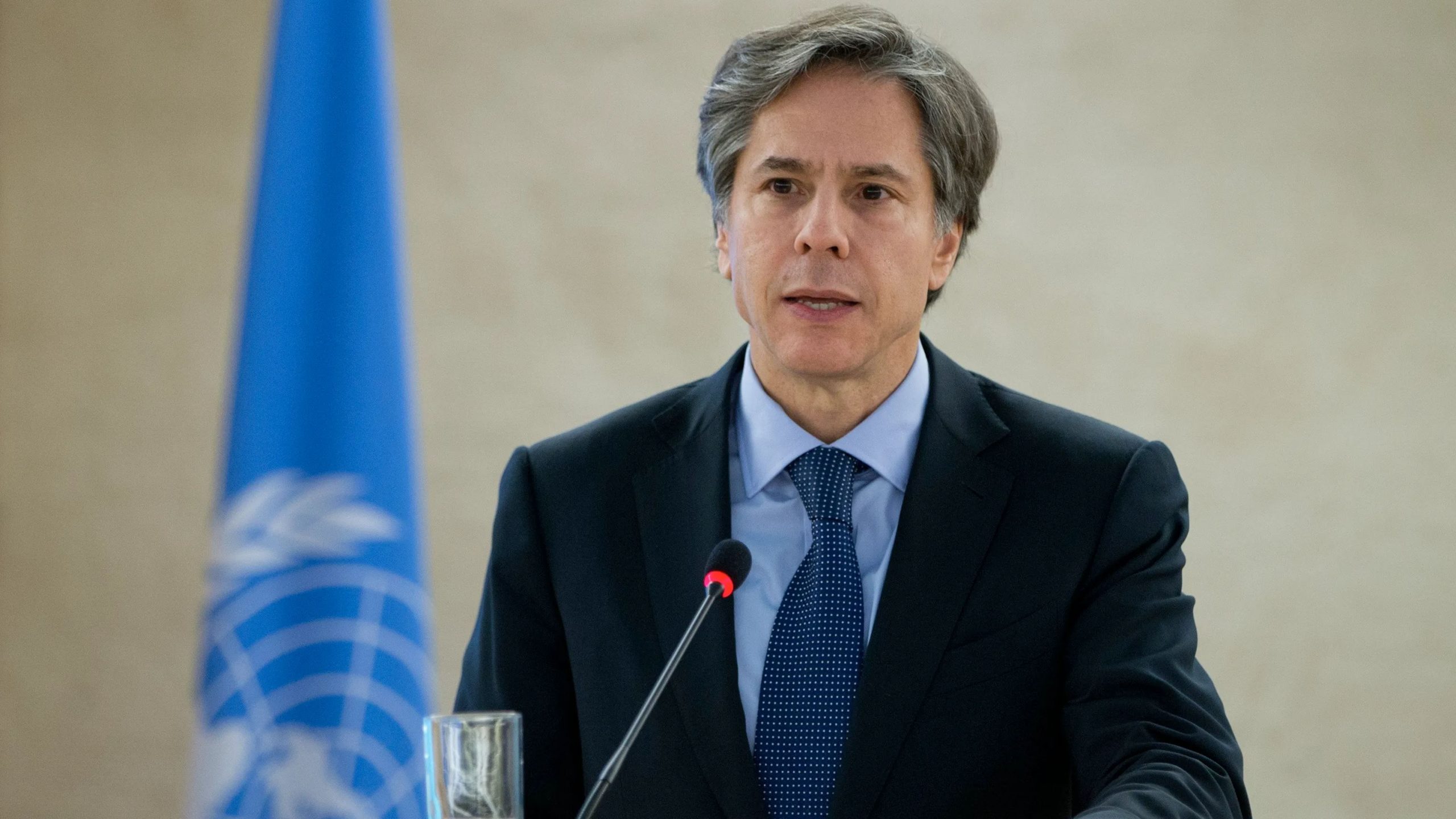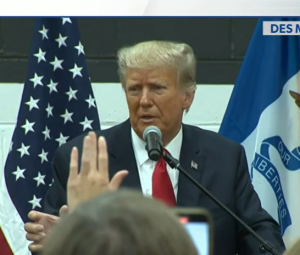Antony Blinken, a longtime aide to President-elect Joe Biden, was named to be the US Secretary of State on Monday.
The 58-year-old politician, who goes by “Tony”, was a deputy secretary of state during Barack Obama’s presidency.
Blinken is a devoted believer in international cooperation who has vowed to work to repair US alliances badly frayed by President Donald Trump’s in-your-face approach.
“He’s about as mild-mannered, humble and unassuming as they come,” said Robert Malley, a childhood friend of Blinken who is now president of the International Crisis Group.
“I’ve yet to meet anybody who recounts an episode of Tony exploding or having a fit of anger,” Malley said.
Also read: Joe Biden picks John Kerry, who signed the landmark Paris Agreement, as his climate envoy
The stepson of a Holocaust survivor, Blinken has advocated interventions on humanitarian grounds while Biden as vice president was cautious on the use of force.
“Superpowers don’t bluff,” Blinken was reported to have warned repeatedly in deliberations on Syria’s civil war, in which Obama issued warnings but ultimately decided for a limited role.
Speaking earlier this year about the “horrific” loss of life in Syria, Blinken said: “The last administration has to acknowledge that we failed — not for want of trying, but we failed.”
“It’s something that I will take with me for the rest of my days. It’s something that I feel very strongly,” he told CBS News.
Blinken’s passion about preventing atrocities can be traced to his stepfather, Polish-born Samuel Pisar, one of the youngest survivors of the Holocaust, whose family was murdered.
A prominent lawyer who worked for detente between the West and the Soviet Union, Pisar moved the family to Paris where Blinken studied at the prestigious Ecole Jeannine Manuel.
Also read: Joe Biden selects Cuba-born immigrant Alejandro Mayorkas to lead Homeland Security
Malley, his classmate, said that Blinken learned to navigate the US role in the world as a young American in Paris in the wake of the Vietnam War.
“Tony believed strongly in his values and identity as an American but was living in a foreign country and therefore forced to see the world through the eyes of that foreign country at a time when the US was not the most popular,” Malley said.
Blinken’s biological father is a prominent investment banker and his mother, Judith Pisar, for years headed the American Center in Paris, which brought together artists.
His youth in Paris also launched Blinken’s fledging musical career as he played jazz and discovered rock, quoting Pink Floyd’s “Another Brick in the Wall” in his high school yearbook.
In Washington, Blinken has performed in a Beatles cover band and used free time in the pandemic to compose his own songs, his guitar sometimes visible during interviews taped from his home.
Also read: President-Elect Joe Biden announces foreign policy and national security team
His musical alters ego, ABlinken, had a modest 57 monthly listeners as of Monday on Spotify where he has uploaded two songs, driven by slow-driving 1970s-inspired rock guitar and an uncharacteristically forceful tenor vocal delivery.
Blinken attended Harvard University where he wrote for The Harvard Crimson — a review of an album from Bob Dylan’s Christian phase concluded that the rock legend “is no man’s lackey. He will always do and sing what he believes” — before a career in law and Democratic Party politics, serving on the staff of the Senate Foreign Relations Committee when Biden served.
In a 2017 talk, Blinken said that his views remain shaped by his stepfather who survived concentration camps including Auschwitz and Dachau before making a dash for his life, defying German gunfire, during a death march.
After two days hiding in the woods, the teenage Pisar heard the rumblings of a tank and, to his relief, saw not a German but an African-American soldier.
“He got down on his knees and said the only three words he knew in English, that his mother had taught him, ‘God bless America,'” Blinken recalled.
“The GI lifted him into the tank — into, figuratively speaking, the United States and into freedom.
“That’s the country I grew up with: The United States playing that extraordinary, unique, welcoming role.”







